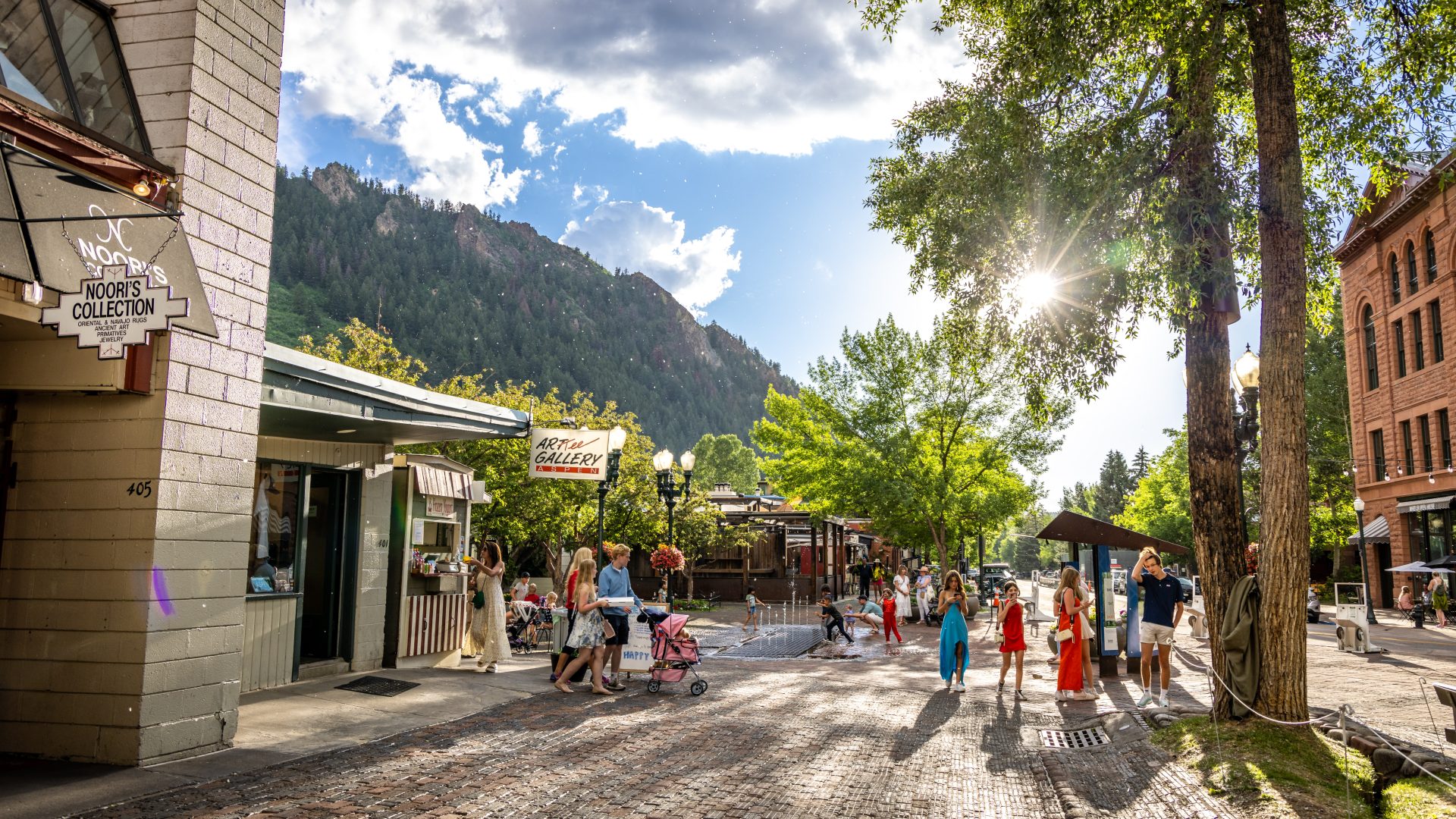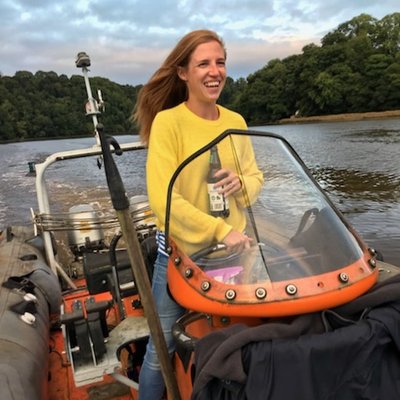
Voters in Colorado have elected to try new taxes to spread the wealth from tourism. The new policies seek to address the housing crisis—which has been driven by the boom of tourism in the area in recent years.


Voters in Colorado have elected to try new taxes to spread the wealth from tourism. The new policies seek to address the housing crisis—which has been driven by the boom of tourism in the area in recent years.
In the Western US, voters are making it clear that communities are more important than tourism dollars.
Mountain towns are often remote, inaccessible from major transportation hubs, and limited in their professional and cultural options. Still, they have their perks—namely, the mountains. Natural beauty and abundant outdoor recreational opportunities have always been worth the hassle for some, but the rise of remote work has made extended stays in the far-out locales possible for exponentially more people in recent years.
The resulting population booms stretched already-limited transportation, infrastructure and housing supplies. People who can afford expensive second homes drive costs of living to untenable extremes for lower-wage earners and longtime residents. It’s not just ski bums working service jobs or as ski patrollers. Nurses and police officers in Steamboat Springs report being driven out of town in search of affordable housing, too.
“[Short-term rentals] are an important part of lodging our visitors and our tourism-based economies … but without a doubt have lots of impacts to communities, to housing stocks,” Margaret Bowes, the executive director for the Colorado Association of Ski Towns, told Colorado Public Radio.
In several Colorado mountain towns that have been struggling with ballooning housing costs for years, a potential solution was on the ballot at the beginning of November. Residents of Estes Park, Aspen, Salida and Steamboat Springs, among others, had the chance to approve new taxes on short-term vacation rentals. The money collected from the taxes is slated to be spent on affordable housing projects and other community investments. When election day came earlier this month, nearly all of them passed.
The growing inequality in mountain towns isn’t unique to them. Nor is the financial squeeze on the people who live in small communities with a big tourism presence. Places like Steamboat and Aspen have more extreme inequality than the US as a whole, but the rest of the country is following the same trend. So while every community is going to have its own set of challenges and constraints, the housing crisis in mountain towns—and attempts to solve it—could offer useful lessons for communities in the rest of the country, and the world.
The new lodging taxes aren’t a solution in and of themselves, but they’re a step in the right direction. Other mountain towns that were seeing longtime residents priced out of the housing market have instated similar taxes in recent years. Towns like Aspen have placed moratoriums on new short-term rentals, similar to policies that are in place in Venice. Whether these measures will be enough, though, will take time to determine.
The question of how to ensure that the economic impacts tourism has on relatively less well-off tourist destinations are broadly positive isn’t new, nor is it unique to the Western US. The travel slowdown during the pandemic allowed communities around the world to reconsider how tourism is done in a given area or community. Whether it’s policy changes like those in Colorado ski towns or community-focused marketing campaigns, many are opting for models that spread resources across the broader community.
Each locality has to make its own decision about the true cost of tourism, whether it’s worth paying, and who in the community is shouldering the cost. Even if a new short-term rental tax doesn’t totally make up for the rise in housing costs over the years, it acknowledges that right now, the cost of the tourist boom is too high for many communities.

Miyo McGinn is Adventure.com's US National Parks Correspondent and a freelance writer, fact-checker, and editor with bylines in Outside, Grist, and High Country News. When she's not on the road in her campervan, you can find her skiing, hiking, and swimming in the mountains and ocean near her home in Seattle, Washington.






Can't find what you're looking for? Try using these tags: